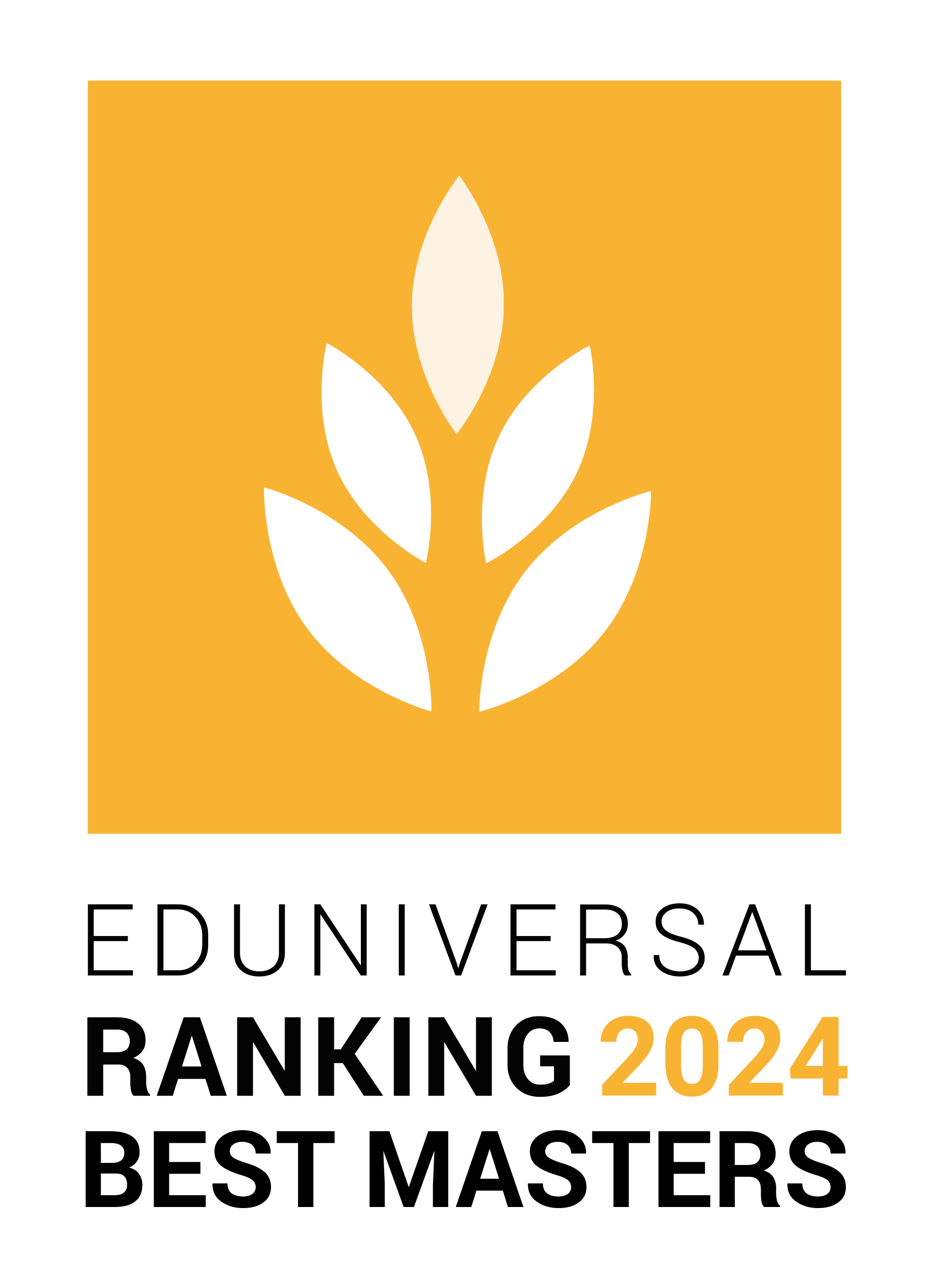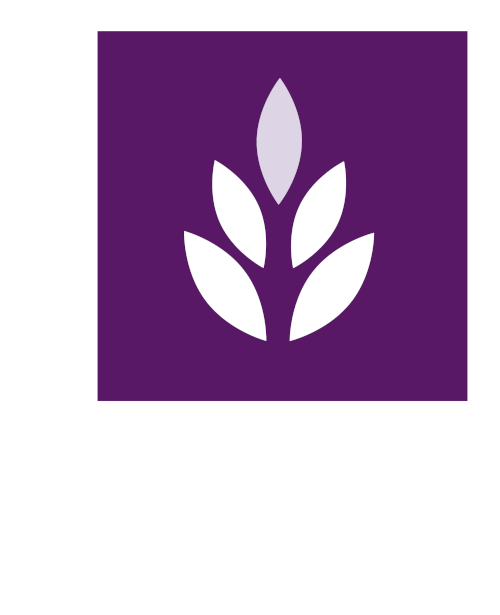- Home
- About
- Business Schools Ranking
- Selected schools
- study abroad
- Awards
- Contact

Study in Angola
Angola Statistics
Geography-Population
- Capital: Luanda
- Area: 1,246,700 sq km
- Climate: semiarid in south and along coast to Luanda north has cool, dry season (May to October) and hot, rainy season (November to April)
- Population: 13,338,541 (July 2011 est.)
- Languages: Portuguese (official), Ombundu, Kimbundu, Kikongo (Bantu and other African languages)
Government-Economy
Government-Economy
Government type: republic; multiparty presidential regimeNational holiday: Independence Day 11 November (1975, Portugal)Currency: Kwanza (AOA); 1 Euro = 125.45700AOA ; 1 Kwanza = 0.00741Euros ; £1 = 152AOAGDP: $114.1 billion (2010 est.)
GDP - per capita (PPP): $8,700 (2010 est.)
Information for Foreign Students in Angola
Travel AdviceTravelers are advised against all but essential travel to North and South Lunda Provinces, where visitors may be subject to movement restrictions or detention, and the interior of Cabinda Province, where there continue to be reports of violent incidents. Travelers should register with their embassy on arrival, and de-register on departure.
Obtaining a VisaPassport with two blank pages valid for at least six months after intended period of stay required by all nationals referred to in chart above. People from European Union, the United Kingdom, America and Australia will need a visa. To have further information you have to go on the website of the Angolan Embassy in your country. Embassy of Angola in Washington: http://www.angola.org/visa.html ; in the United Kingdom http://www.angola.org.uk/visas/visas.html
HousingHere is a link for hotels http://www.angola.org/tourism.html
HealthYou will need to do some vaccinations before your arrival for diseases such as: Hepatitis A, Diphtheria, Tetanus, Typhoid and Yellow fever. Tap water is not safe for foreigners who are not used to drink it; so you should boil or sterilize some water to brush your teeth, make ice and drink. As for the water, milk should be boiled too. Only eat well-cooked meat, fish and vegetables.Concerning your insurance, we recommend you to pay for a full health insurance that would include medical evacuation insurance. There are some hospital facilities in the main towns but, at the moment, adequate medical facilities are virtually non-existent. However, there are some good private clinics in Luanda. Medical treatment is free although often inadequate, and visitors should travel with their own supply of remedies for simple ailments such as stomach upsets, as pharmaceutical supplies are usually extremely difficult to obtain.
MoneyCredit cards are not generally accepted. American Express, Diners Club and Visa enjoy limited acceptance. Some larger hotels and restaurants in Luanda have started taking credit cards. Traveler cheques are accepted. All imported currency should be declared on arrival. The import of currency is limited to AOA 15,000. The import of foreign currency is unlimited. The export of foreign currency is limited to US$ 5,000. It is illegal to attempt to carry local currency out of Angola.
TransportationPublic transports are very common; maybe taking a cab would be safer and avoid you getting lost.
Phoning
There are several mobile phone companies that operate in the country, it will be easier for you to get a phone adapted to local network, rather than keeping your contract there.
Official Selection of the Best Business Schools in Angola
|
1 Palme Of Excellence LOCAL Reference |
Rank Position in
Palmes’ League |
Deans’ Recommendation
rate 2024 |
|---|---|---|
| 1 | 221 ‰ |

Official Selection of the Best Business Schools in Angola
Learn the ranking results of the best masters in Angola here:
